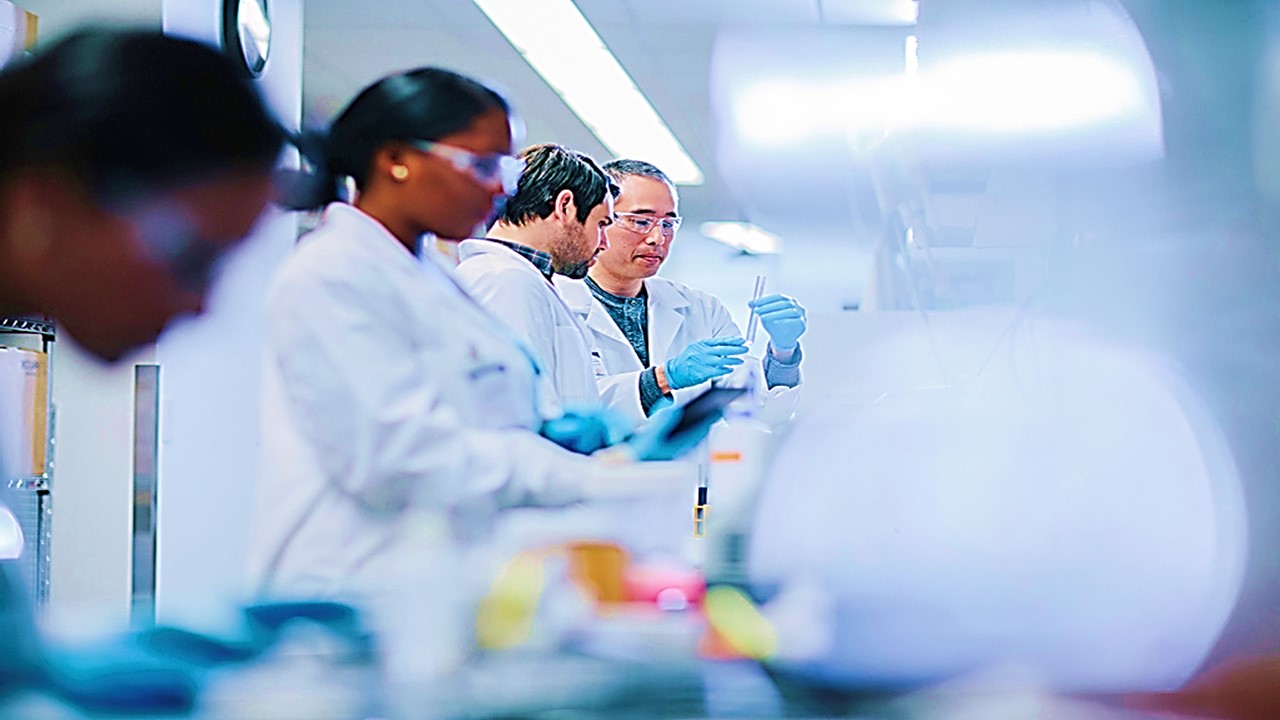Although the term “patient-centricity” has gained popularity in clinical trials, there are still many real-world obstacles that prevent variety and lower participant satisfaction. Making clinical trial participation simpler should be our industry’s true north if we want to have a substantial impact on patients and provide sponsors with a considerable additional value.
First Things First. What’s the Problem?
Lack of effective methods to get over financial obstacles is a major problem that makes patients feel excluded, reduces diversity in hiring and retaining staff, and ultimately has an impact on the quality of data. For instance, a Journal of Clinical Oncology study indicated financial worries are connected with a number of psychological characteristics that may have a detrimental impact on the decision-making process for clinical trials (DOI: 10.1200/JCO.2015.63.2463). In a similar vein, a study published in the Journal of the American Medical Association Oncology found that trial participation decreased as yearly household income decreased and that patients with an annual household income below $50,000 had 32% lower odds of participating in trials than patients with higher incomes (DOI: 10.1001/jamaoncol.2015.3924).
In spite of these findings, the market for payment products offers a dearth of digital payment options, payment delays, and even outrageous monthly costs for patients who do not use their reimbursement promptly. We need to completely revamp product platforms in order to make trials patient-centric by making them truly helpful to both patients and caregivers.
Patient-Centered Reimbursements
Despite the fact that many debit-card payment services now available on the market charge participants fees, the Council for International Organizations of Medical Sciences believes that “participants should not have to pay for making a contribution to the social good of research.” The so-called “inactivity” fines, which penalize patients for not using their reimbursement quickly enough, are arguably the most aggressive of these.
Additionally, patients pay costs when they access their money, get an account statement, replace a physical card, withdraw all the money from their account, or convert it to local currency. Therefore, one of the first steps in removing financial obstacles to trial participation must be to do away with this price structure in clinical trials.
Additionally, we must make it simpler for participants to select how they will be rewarded, with alternatives that take into account the strategies patients employ on a daily basis. Digital methods such as Venmo, PayPal, and direct deposit should be available for participants to choose from. We also need to take hold of the late adopters of technology. For instance, if it’s most effective, volunteers should be compensated through check.
For many research stakeholders, switching from reloadable debit cards to digital alternatives also improves operational efficiency. For instance, removing a physical card inventory lowers the risk of fraud, accelerates research launches, and saves money.
Developing Deep Involvement
In order to provide a patient-centric experience, it is essential to update payment products, but there must also be efficient interfaces between the product and the patient. We may make a payment product more compelling and strategic by using mobile applications.
By gathering participant satisfaction information from users of the payment product, mobile apps can offer insights to websites and sponsors. Technology can help the website retain users who would otherwise leave by identifying those who have had bad experiences and enabling proactive intervention. Data also enable study teams to pinpoint high-performing sites, those that could require assistance to improve patient satisfaction, and protocol flaws that result in attrition. Future versions of this functionality might include predictive analytics to spot drop-out candidates before they reach a crisis point.
For many participants, getting to and from clinical trial sites poses logistical as well as financial difficulties. In a 2017 study of US clinical trial locations, 95% of respondents stated that improved transportation infrastructure would boost recruitment efforts, and 63% said they believed it would guarantee that all trials would recruit participants on time. Eighty-four percent of respondents said they would prefer to take a taxi or share a ride. Patients can hail trips from their mobile app and would not have to provide the payment up front because it is integrated with services like Uber Health.
Beyond one-way email and SMS notifications, integrated mobile apps provide the chance to increase patient communication. This incorporates secure two-way centralized messaging between the site and the participant, enabling participants to communicate with site staff directly, in addition to app-based push alerts. To gain better insights on patients, this may eventually involve sentiment analysis.
This Is The Moment For Change
The chance to broaden the use of payment products in a way that will have a significant impact on trial participants, sponsors, research locations, and the larger global patient community is an exciting one for us. Due to the lack of innovation by businesses involved in the participant-payment category, this opportunity has arisen. However, we may update the participant experience and carry out a larger plan that strategically makes use of participant money.
Subscribe
to get our
LATEST NEWS
Related Posts

Clinical Trial Supply Chain
From Chaos to Control: The Clinical Reinvention of Supply Chain through Data-Driven Infrastructure
In a healthcare landscape increasingly dominated by automation and AI, it’s tempting to see technology as a cure-all.

Clinical Trial Supply Chain
Deciphering the Nexus: Cluster Analysis in Shaping Regional Supply Chain Hubs
Cluster analysis has become instrumental in understanding and optimizing supply chains.
Read More Articles
Myosin’s Molecular Toggle: How Dimerization of the Globular Tail Domain Controls the Motor Function of Myo5a
Myo5a exists in either an inhibited, triangulated rest or an extended, motile activation, each conformation dictated by the interplay between the GTD and its surroundings.













